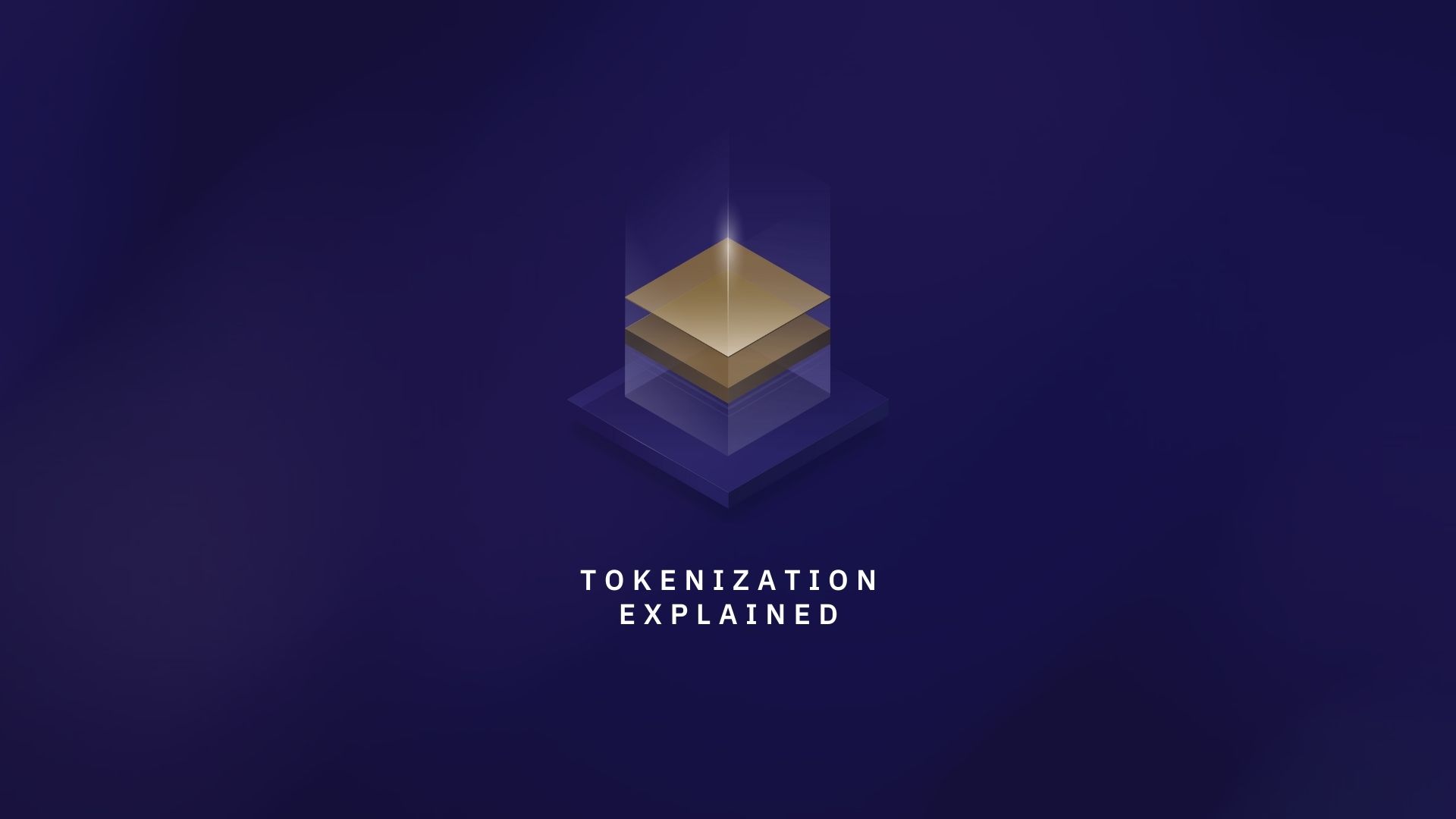Book a call
What is tokenization and how can it benefit your business? Watch our explanatory video to discover how.


While some digital asset classes are not yet fully regulated, others are already considered fully regulated securities. In Germany, the Electronic Securities Act provides the framework for the tokenization of bonds and fund shares from 2021. It simplifies the issuance process and reduces the need for intermediaries.NYALA is one of the first companies to be allowed to issue digital securities under the Electronic Securities Act. An extension of this law to shares came into force in 2024.

Connect your existing platform and interface to NYALA's tokenization engine via API for easy setup or use our web portal.

Streamline the onboarding process for investors with automated wallet openings.

Issue tokens to investors via our web app or API to minimize manual effort.
Book a call with our expert

